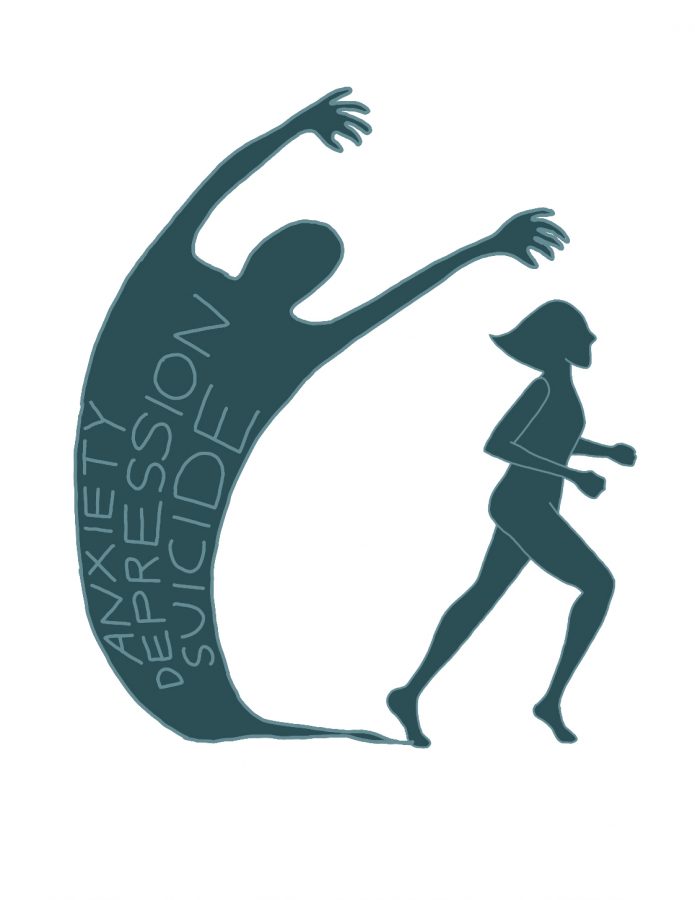Roseanne McSweeney began her role as UTSA’s new behavioral intervention specialist in public safety on May 1. Being a part of President Eighmy’s strategic plan, the role was created to formalize and support the existing Behavioral Intervention Team (BIT).
BIT is a multidisciplinary group that consists of staff members from the Office of Student Life, Counseling Services, Academic Affairs, Human Resources and UTSAPD. The goal of the team is to address potential threats of violence either to an individual or the institution.
“[BIT] all work to identify and implement successful interventions to either eliminate or significantly reduce concerning behavior,” McSweeney said.
McSweeney’s background consists of years of working as a director of student conduct and as an assistant dean. Additionally, McSweeney has a master’s degree in social work and forensic psychology.
“My philosophy involves a holistic approach to understanding behavior so that effective interventions can be identified and implemented,” McSweeney said.
In her position, one of McSweeney’s bigger goals is to educate the UTSA community about the importance of noticing and sharing concerns. Another goal is to use research to influence how we assess situations.
“There have been reports by the FBI and the Secret Service about violent acts and how to prevent them and keep UTSA safe,” McSweeney said.
As the behavioral intervention specialist, one of McSweeney’s objectives is to collect and present information to the university through educational presentations in order to increase awareness for mental health.
In a recent study conducted by the Association for University and College Counseling Center Directors, researchers found that 41 percent of students attend counseling sessions for anxiety. Additionally, 36 percent attend sessions for depression and 35 percent attend for relationship problems.
“The National Alliance on Mental Illness says their statistic is that 75 percent of mental health conditions begin before the age of 24. That is a lot of our college population,” McSweeney said. “Mental health conditions may be emerging at the time when someone is going to college and they’re under stress because they are trying to complete their degree.”
McSweeney states that during her time at UTSA, there have been more than hundreds of reports BIT investigated.
“When I look at how many reports we have, I see that we have a caring community,” McSweeney said. “When people care, they want to help someone feel better. So to me everytime we receive a report, I know that people care.”
McSweeney states that the feedback BIT received has been really positive. In her experience, she also states that intervention does work.
“We are so lucky to have amazing resources on this campus,” McSweeney said. “They are caring, they are competent, and sometimes, just even making that connection really does shift the trajectory of someone who might be violent towards themselves or someone who might be experiencing some significant concerns in their life.”
One approach McSweeny recommends using for those who might be in need of help, is to use a neutrally worded question; notice the behavior and then ask an open ended question.
“It’s really critical to not assume [a situation] and taking that extra step to saying ‘hey can you tell me more about what’s going on?’” McSweeny said.
Students, staff and faculty can fill out a report anonymously to BIT on their website.
“This is an initiative for the entire community to keep everyone safe and give them the ability to try to reach their goals,” McSweeney said. “When someone is experiencing less distress, they can focus more on being successful.”







